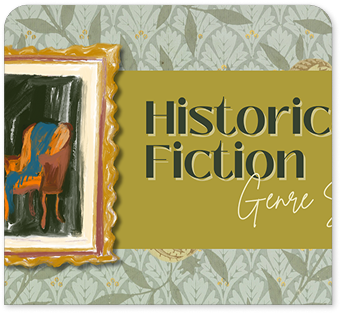-
Mon-Fri: 10AM to 8PM 01722665665
-
My Account
-
-
0
Total :
₹ 0.00

The book is authored by Dr. Kranti Kumar Gupta, a respected scholar in the field of history and culture.
"History and Culture of Punjab" is written in Hindi, providing accessibility for students who prefer studying in their native language.
Society and culture during the Turko-Afghan rule. The Punjab under the Great Mughals. The teachings of Guru Nanak, including the concepts of Langar and Sangat. The Bhakti Movement and Sufism. Development and transformation of Sikhism. The foundation of the Khalsa and activities of Guru Gobind Singh.
The book offers historical insights from the Turko-Afghan rule to the Mughal era, in-depth coverage of Guru Nanak's teachings, an exploration of cultural movements such as Bhakti and Sufism, an examination of Sikhism's evolution, and descriptions of significant historical places in Punjab.
The content is organized into four units, each focusing on distinct themes related to the historical and cultural evolution of Punjab.
The exam consists of 50 marks total: 45 marks for theory and 5 marks for internal assessment. The exam duration is 3 hours.
The evaluation comprises a mix of theoretical questions, short answer questions, and map-based questions pertaining to important historical places in Punjab.
Yes, the book includes solved papers, which serve as a valuable resource for exam preparation.
It provides a thorough discussion of Guru Nanak's teachings, particularly his revolutionary concepts of Langar (community kitchen) and Sangat (congregation).
It includes a map and descriptions of significant historical locations such as Delhi, Lahore, Amritsar, and Kartarpur, among others.
No Description Added
The book is authored by Dr. Kranti Kumar Gupta, a respected scholar in the field of history and culture.
"History and Culture of Punjab" is written in Hindi, providing accessibility for students who prefer studying in their native language.
Society and culture during the Turko-Afghan rule. The Punjab under the Great Mughals. The teachings of Guru Nanak, including the concepts of Langar and Sangat. The Bhakti Movement and Sufism. Development and transformation of Sikhism. The foundation of the Khalsa and activities of Guru Gobind Singh.
The book offers historical insights from the Turko-Afghan rule to the Mughal era, in-depth coverage of Guru Nanak's teachings, an exploration of cultural movements such as Bhakti and Sufism, an examination of Sikhism's evolution, and descriptions of significant historical places in Punjab.
The content is organized into four units, each focusing on distinct themes related to the historical and cultural evolution of Punjab.
The exam consists of 50 marks total: 45 marks for theory and 5 marks for internal assessment. The exam duration is 3 hours.
The evaluation comprises a mix of theoretical questions, short answer questions, and map-based questions pertaining to important historical places in Punjab.
Yes, the book includes solved papers, which serve as a valuable resource for exam preparation.
It provides a thorough discussion of Guru Nanak's teachings, particularly his revolutionary concepts of Langar (community kitchen) and Sangat (congregation).
It includes a map and descriptions of significant historical locations such as Delhi, Lahore, Amritsar, and Kartarpur, among others.


